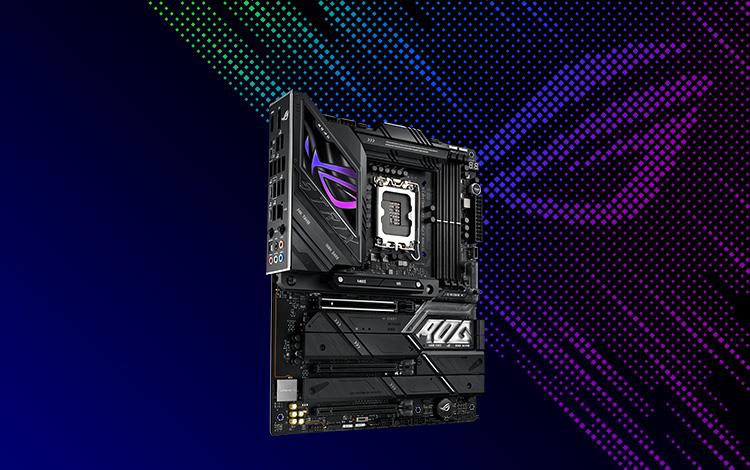Whether you’re a hardcore PC gamer, an aspiring content creator, or a DIY PC enthusiast, a reliable motherboard is the cornerstone of your build. Today, we dive deep into the world of Asus motherboards—exploring their performance, features, build quality, and value proposition across various models. With an extensive lineup ranging from budget-friendly to enthusiast-grade, does Asus truly offer something for everyone?
Design & Build Quality: Engineered for Reliability
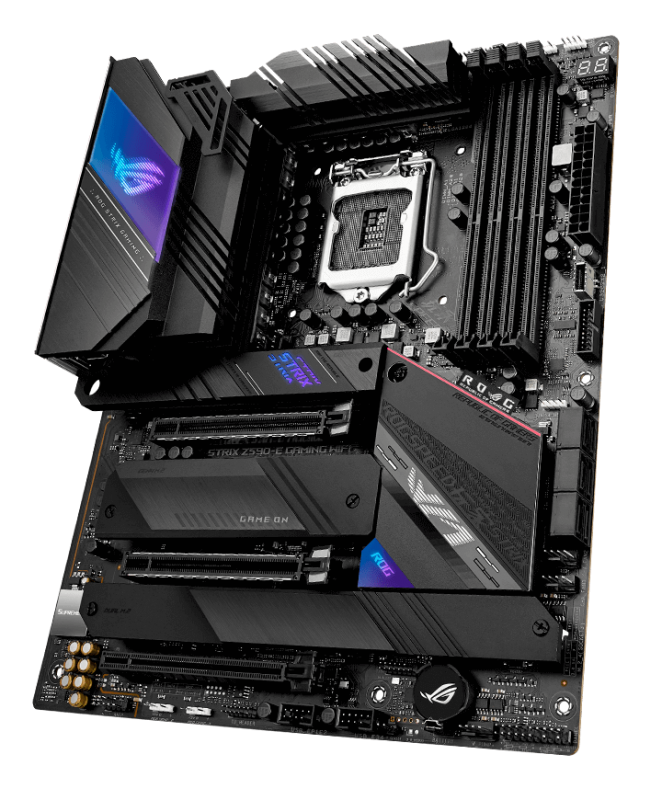
Asus motherboards are built with a rare balance of toughness and elegance, making them a trusted foundation for both casual users and performance enthusiasts. Across its entire lineup from the practical PRIME series to the enthusiast-grade ROG Maximus boards. Asus shows a clear dedication to high engineering standards. The materials feel solid, the finishes are refined, and the layout is thoughtfully designed for both airflow and aesthetic appeal.
What truly sets Asus apart is how it blends durability with modern styling. Reinforced slots, quality components, and protective features all contribute to a board that feels built to last, even under demanding workloads. Meanwhile, the visual design from the sleek blacks of the TUF series to the RGB-lit accents of ROG models adds a level of polish that elevates the look of any build.
At its core, the build quality reflects Asus’ long-standing reputation: dependable, detail-oriented, and designed for performance over the long haul.
Performance: From Mainstream to Monster Rigs
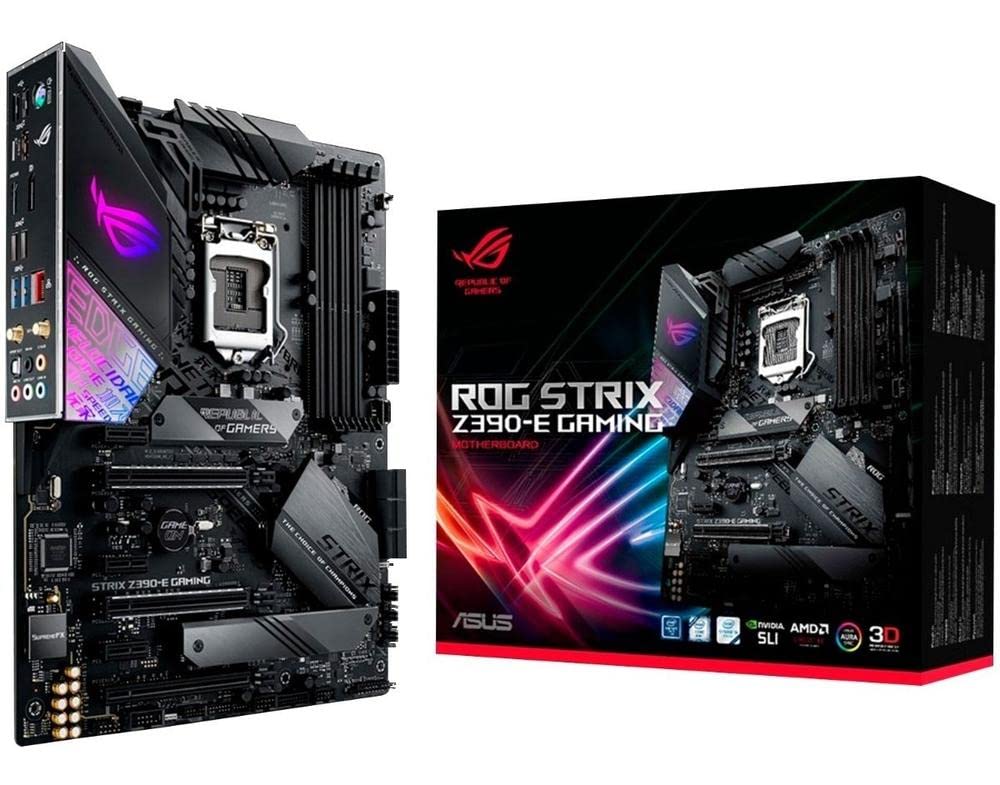
Asus caters to every kind of user when it comes to motherboard performance, offering a spectrum that ranges from practical, entry-level boards to powerful platforms designed for serious gaming and content creation. Their more affordable models, like those in the PRIME series, provide essential features with a clean, no-frills approach. These boards are best suited for light gaming, everyday computing, or home entertainment setups, delivering stable performance without the bells and whistles.
Stepping into the mid-range, the TUF Gaming and ROG Strix lines offer a noticeable upgrade. These motherboards support faster DDR5 memory, newer PCIe Gen 5 standards, and enhanced power delivery systems. They handle modern GPUs and CPUs with ease, making them ideal for mainstream gamers and hobbyists who want a responsive and future-ready system without going over budget.
At the top end of the spectrum, Asus shines with its ROG Maximus and Crosshair series. These boards are built for enthusiasts who demand peak performance and absolute control. Features like multi-GPU support, AI-assisted overclocking, and advanced thermal management allow users to push the limits of their hardware. The cooling systems, especially on higher-end models, are impressively engineered, with large heatsinks and even active cooling components keeping temperatures in check during intense workloads or prolonged gaming sessions.
BIOS & Software: User-Friendly Yet Powerful
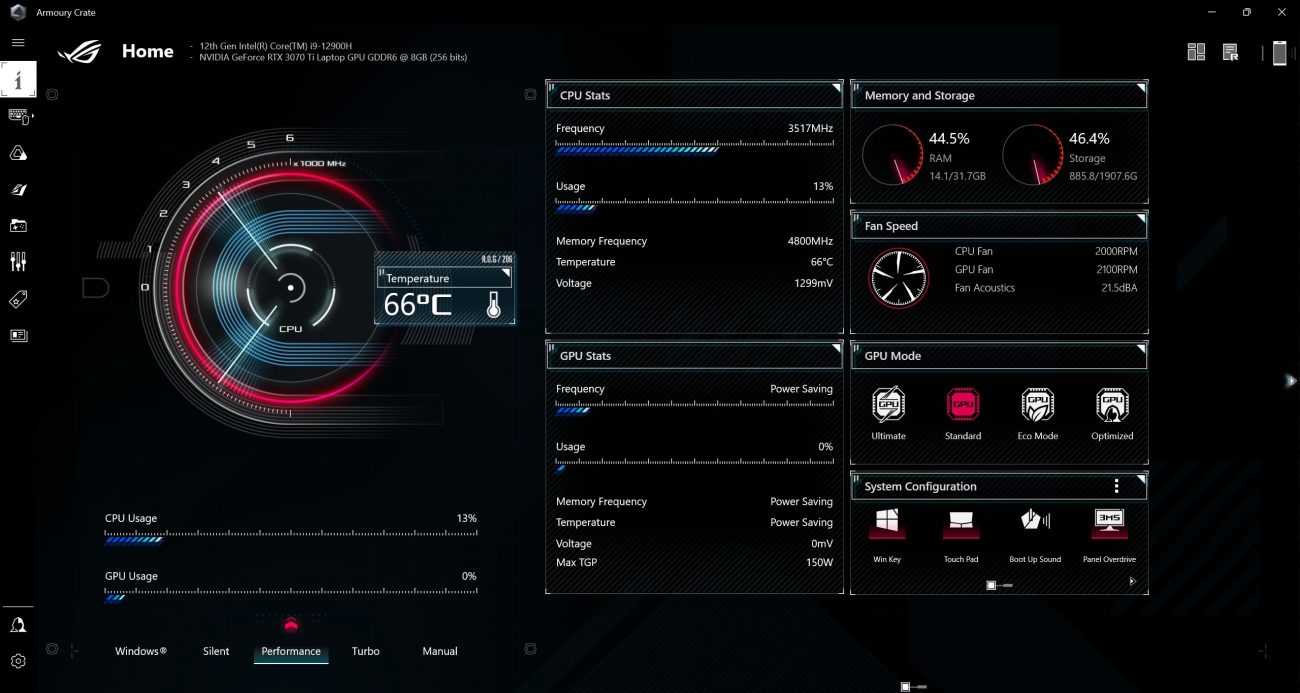
Asus has long been praised for its BIOS design, and it’s easy to see why. The UEFI BIOS interface is clean, responsive, and accessible to users at all levels. For beginners, the EZ Mode layout provides an intuitive overview where you can adjust basic settings like boot priority or memory profiles with just a few clicks. For more advanced users, the Advanced Mode unlocks detailed controls over voltages, frequencies, fan curves, and overclocking parameters, giving you the freedom to tune your system exactly how you want it.
Beyond the BIOS, Asus includes a companion software suite called Armoury Crate. This all-in-one platform handles everything from driver updates and lighting customization to system monitoring and device syncing. It’s designed to streamline the user experience and reduce the need for multiple utility programs. While some users have reported occasional bugs or a heavy feel to the software, its convenience and integration across the Asus ecosystem still make it a worthwhile addition.
Together, the BIOS and software tools reflect Asus’ commitment to both accessibility and depth. Whether you're just setting up your first PC or fine-tuning a high-performance rig, the tools provided make the process smoother and more empowering.
Connectivity & Expansion: Future-Proofing in Focus
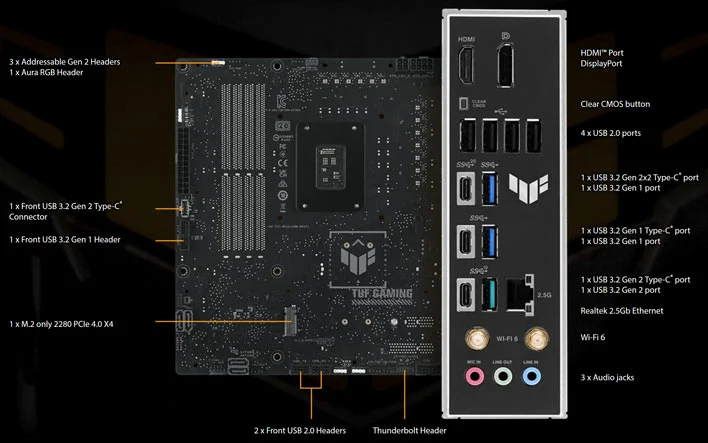
Asus motherboards are designed with forward-thinking connectivity, ensuring that users are equipped not just for today’s demands but for the evolving needs of tomorrow’s technology. Whether you're building a gaming rig, a content creation workstation, or a professional development setup, the options for connectivity and expansion are both generous and modern.
Many models support high-speed USB 3.2 Gen 2x2 and Thunderbolt 4, giving users rapid data transfer and versatile device compatibility. Storage options are particularly impressive, with several boards offering multiple M.2 slots, some models supporting up to five, all fitted with heatsinks to maintain optimal thermal performance. These features make it easy to expand storage without compromising on speed or reliability.
Support for PCIe 5.0 further enhances the future-readiness of these boards, enabling compatibility with the latest generation of GPUs and ultra-fast SSDs. On the networking front, Asus continues to lead with built-in WiFi 6E or even WiFi 7 on some higher-end boards, alongside 2.5G or 10G Ethernet for those who require stable, high-bandwidth wired connections.
All of this translates into flexibility and peace of mind. Whether you're adding new peripherals, expanding your storage, or gearing up for hardware that hasn’t even hit the market yet, Asus motherboards make sure your system is ready to grow with you.
Final Verdict
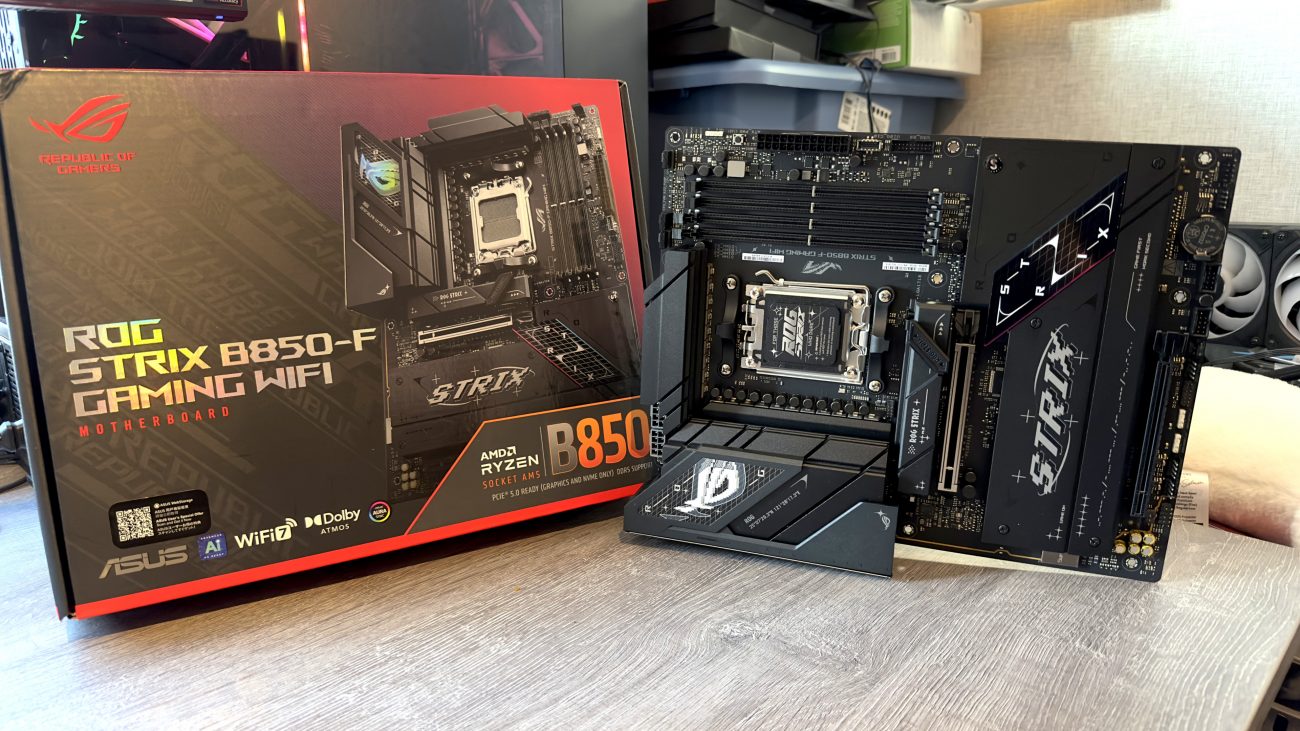
Asus continues to prove itself as a leading force in the motherboard market, offering a well-rounded blend of performance, durability, and smart design. Whether you’re assembling your very first build or upgrading to a powerhouse system for gaming or creative work, there’s almost certainly an Asus board that aligns with your goals and budget. From entry-level reliability to enthusiast-grade power, the range is broad yet consistently well-executed.
While the higher-end models do carry a premium price tag, the value they bring in terms of stability, features, and long-term support often justifies the cost. With thoughtful engineering, strong BIOS and software tools, and future-proof connectivity, Asus motherboards remain a dependable choice for builders who want a solid and satisfying foundation for their PC.

